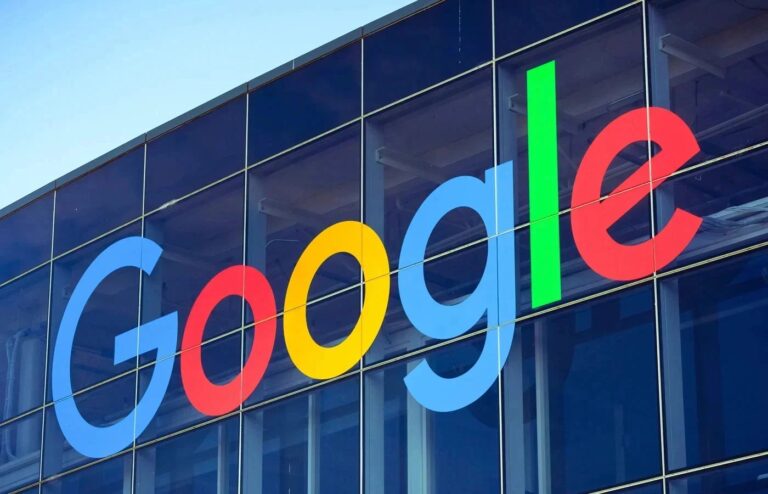
Google will likely be forced to comply with the UK’s competition legislation, the Digital Markets, Competition and Consumers Act (DMCCA), within the realm of search and search advertising services.
The country’s competition authority has proposed giving the search giant “Strategic Market Status,” which means it will be subject to bespoke conduct requirements that prevent anti-competitive practices. These could include requiring Google Search to rank rival services — like shopping or travel comparison sites, or even other search engines — more fairly and transparently.
An investigation into Google’s potential to be designated as having Strategic Market Status in search and search advertising, where an advertiser pays for its advert to appear next to the results from a user’s search, began in January. It also takes into account AI-based search features.
The Competition and Markets Authority (CMA) has heard concerns about how hard it is for rival search services to compete due to Google’s index of billions of websites and access to trillions of historical searches. Publishers also feel they can’t negotiate fair terms for how their content is used in Search and AI-generated results, while advertisers believe that Google wouldn’t be able to charge what it does for search advertising in a more competitive market.
“Insufficient controls about how their content is used in Google Search … limits news publishers’ ability to monetise their content,” Sarah Cardell, the chief executive of the CMA, said in a blog post.
“The amount spent by UK business entities for search advertising on Google last year was equivalent to more than £33,000 per advertiser. If competition was working well, we would expect these costs to be lower.”
A final decision on whether Google will be designated as having Strategic Market Status will be made by October 13. If it does, the CMA may recommend that the company follow the roadmap of potential actions, which could include:
- Add choice screens to let users choose between search and AI services.
- Ensure fair and non-discriminatory ranking of search results.
- Provide more transparency on how publishers’ content is used in search and AI results.
- Allow users to share their search data with firms developing new rival search services.
The CMA is concurrently investigating whether Google and Apple hold Strategic Market Status in mobile ecosystems. Mobile ecosystems and search and search advertising services represent the first two areas of digital activity the CMA has launched SMS investigations into, with decisions on all of them expected by October.
What is the DMCCA?
The DMCCA, which came into force on January 1, is designed to regulate the behaviour of major digital firms with significant market power in the country. It grants the CMA new powers to impose unique conduct requirements on tech companies with Strategic Market Status, reminiscent of the “gatekeeper” organisations that must abide by the EU’s Digital Markets Act.
Firms with Strategic Market Status possess substantial market power in digital activities, hold strategic significance, and must have either a global turnover of more than £25 billion or a UK turnover of more than £1 billion. Google has met these criteria.
These companies have not necessarily acted anti-competitively, but if they follow their conduct requirements, they should never be able to. The CMA can also make “pro-competition interventions” that will actively address a company’s adverse effects on competition that stem from its disproportionate market power.
The CMA will conduct investigations into each firm before granting Strategic Market Status, a process that takes approximately nine months.
EU, US also want to put a lid on Google’s search dominance
In 2017, Google was fined €2.42 billion by the European Commission for favouring its own comparison shopping service, Google Shopping, in search results. Google lost its final appeal in September 2024.
In March 2024, the EU launched a non-compliance investigation, again alleging that Google was prioritising its own services over those of third parties in search results. Although Google announced several changes to its Search features in December to appease regulators, the Commission issued a preliminary finding in March indicating that Google remained in breach of its Digital Markets Act.
Across the pond, in August 2024, a federal judge ruled that the tech company monopolises search services by striking exclusive deals to make Google the default search engine, breaking US antitrust law. In April, a different judge ruled that it also maintained illegal monopolies in search advertising.
However, Google is not going down without a fight. Last year, the tech company successfully overturned a €1.5 billion antitrust fine it received from the European Commission in 2019 for preventing third parties using its AdSense platform from displaying competitor ads next to Google search results.
Want to see how Google’s legal challenges are playing out beyond the UK? Read about its recent setback in appealing a €4.125 billion EU antitrust fine for pre-installing Search on Android devices.

